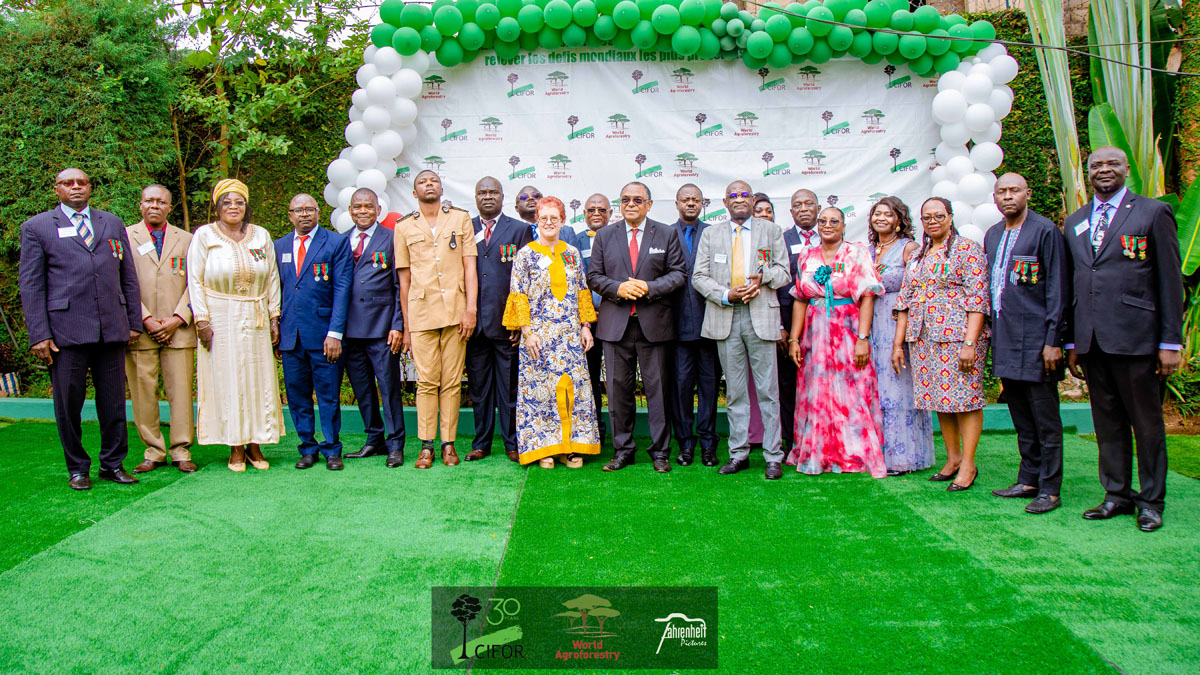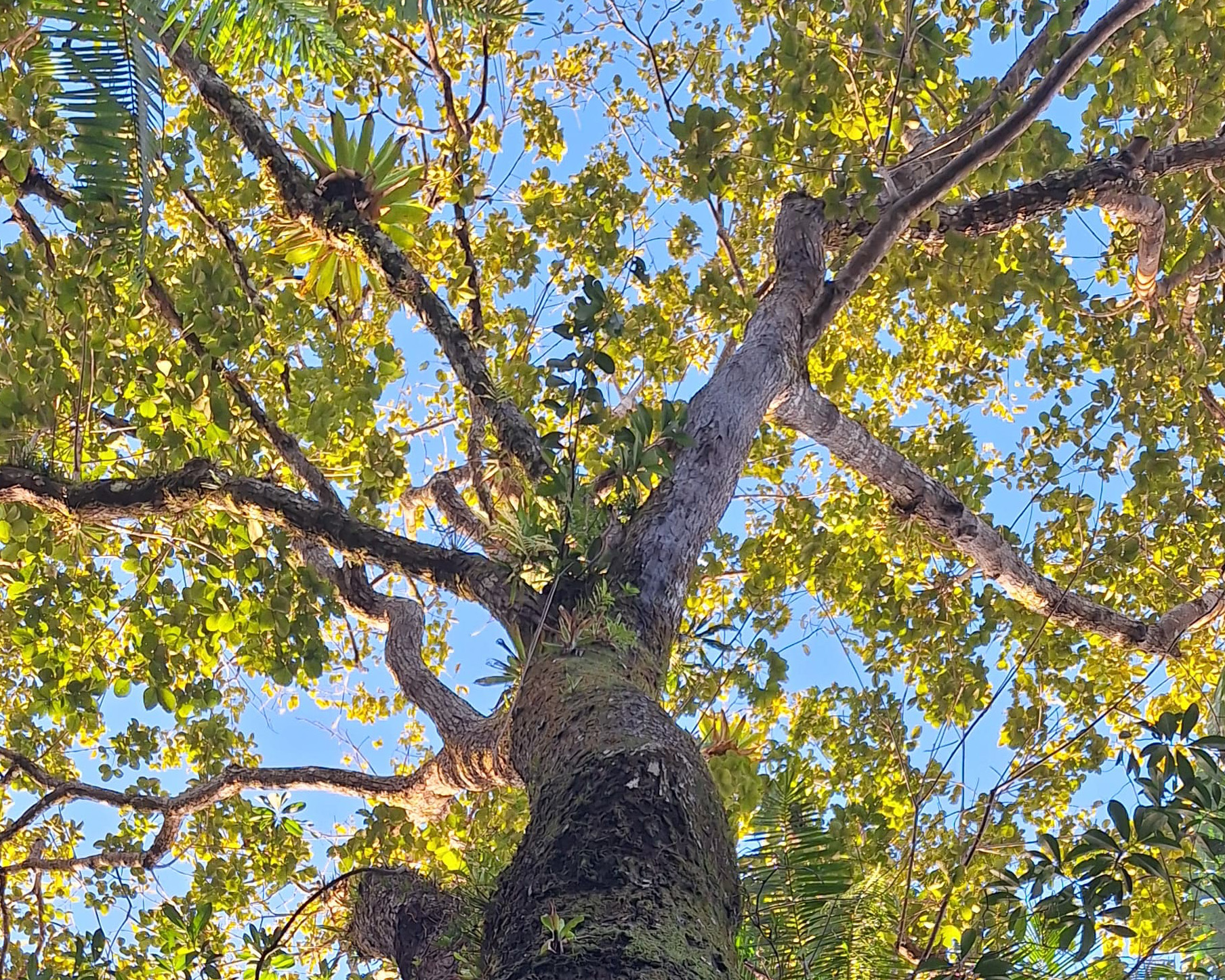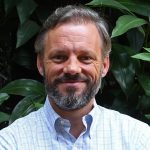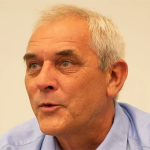The Economics of Ecosystem Restoration (TEER) initiative
The lack of baseline data, and consistent information on the costs and benefits of ecosystem restoration, hinders further investments into restoration activities, weakening capacity to achieve the global restoration goals. To fill this gap, FAO has initiated the Economics of Ecosystem Restoration (TEER) initiative with the CGIAR Research program on Forests, Trees and Agroforestry (FTA). The initiative is led by CIFOR, the World Resource Institute (WRI), and other member organizations of the Global Partnership on Forest and Landscape Restoration (GPFLR), including the Secretariat of the Convention on Biological Diversity (SCBD)/ Forest Ecosystem Restoration Initiative (FERI), Bioversity International, the International Union for the Conservation of Nature (IUCN), Tropenbos International, and WeForest.
The TEER initiative has developed a common protocol to collect standardized data on the costs and benefits of restoration projects across countries and biomes. The ultimate objective of the TEER initiative is to develop a global database that can serve as a reference point for governments, international donors, private investors, project managers, scientists, and other stakeholders. Such a database could be used for the ex-ante estimation of costs and benefits of future restoration projects in all major biomes and across a wide range of contexts worldwide, based on information from comparable projects on which data has been collected through a standardized framework.
The purpose of the event is to present the initiative; to discuss with potential data providers and users how to promote data collection; and to explore the kinds of products that could be generated by this initiative.
Download the paper
The Economics of Ecosystem Restoration (TEER) initiative




















